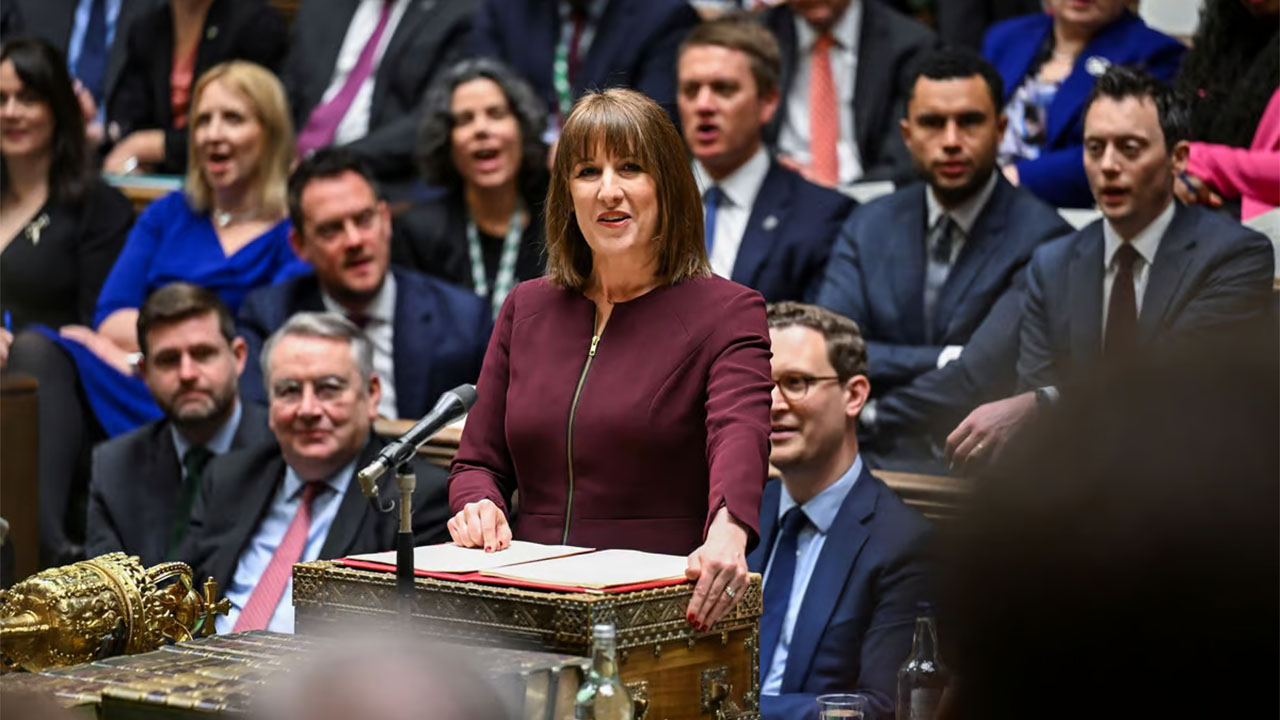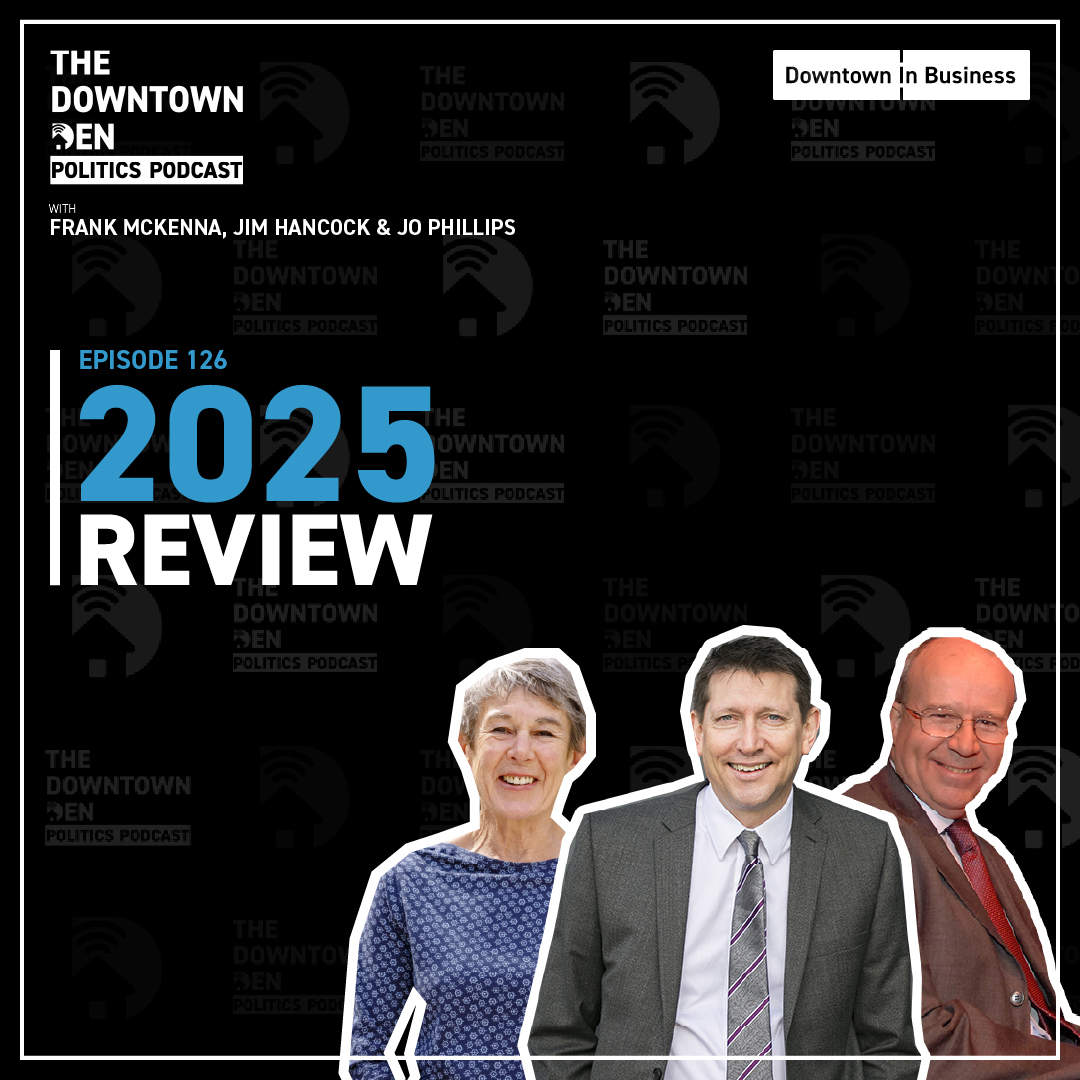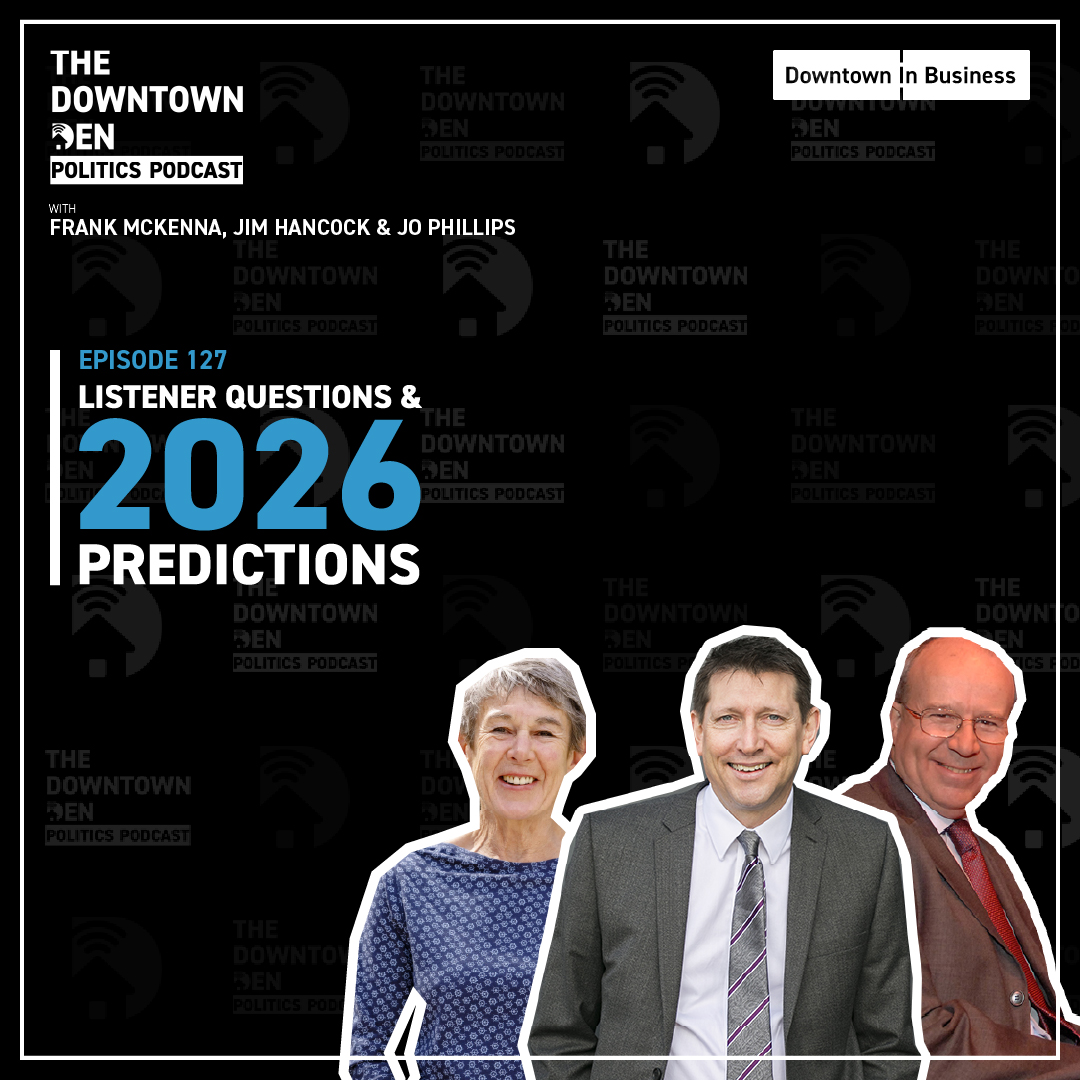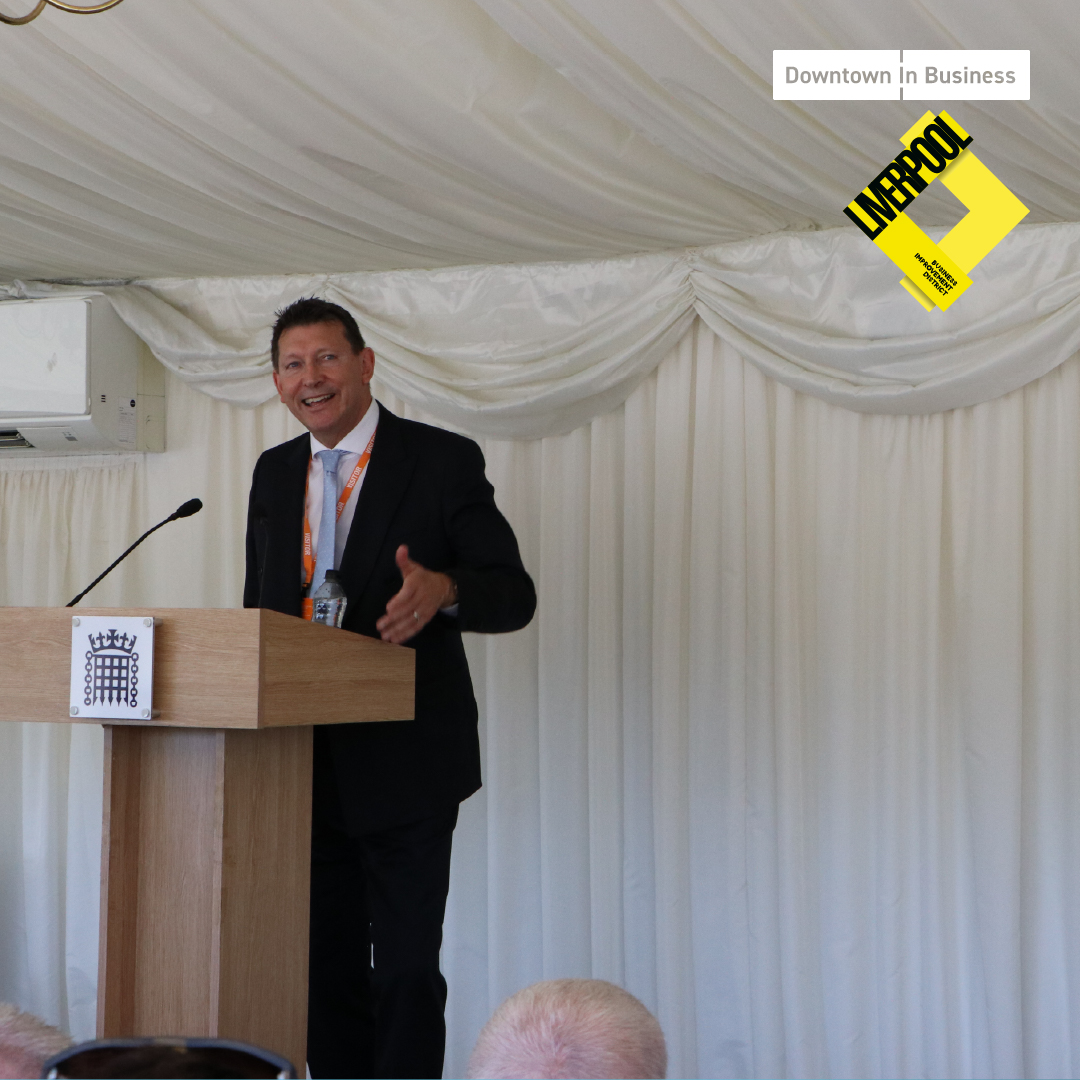Pochin
Am I the only one who saw the total contradiction and irony in What Runcorn MP Sarah Pochin said, and subsequently apologised for, this week?
She, along with many Reform cheerleaders, seem to want it all ways when it comes to the immigration debate. On the one hand, they say that we have been ‘swamped’ by migrants. On the other they claim that TV over-represents black and Asian people because (checks notes) they only amount to 4% of the UK population. Hardly ‘swamped’ then are we?
Deputy Powell
A good friend of Downtown in Business, Manchester Central MP Lucy Powell, won the race to become the Deputy Leader of the Labour Party at the weekend.
Her comment in her acceptance speech, “We can’t out Reform Reform”, was sage advice. Labour has spent six-months reacting to Nigel Farage and his band of 3,4, or sometimes 5 MP’s – and on the question of immigration the government appears to be saying “Farage is right – vote Labour.” It is nonsensical. Keir Starmer and his team need to start to set the news agenda, not act like they are commentators. Yes, that includes reducing the number of small boat crossings – and continuing its good, but unnoticed work, on reducing the number of asylum seekers in hotels.
But it also needs to remind people why we need immigration, the positives of a multi-cultural society, and, most importantly, move the conversation on to the NHS, education and economic growth – and crack on with delivering on these big issues, rather than obsessing over Reforms agenda.
Working People
The interminable use of the term “working people” by Labour Ministers since they won the election fifteen months ago has always irritated me. Despite the fact that I was born in Bootle, grew up in a council house in Skem, and whose Dad was a bus driver, I suspected that when they talk about ‘working people’ they don’t mean me.
My suspicions were confirmed by the Treasury this week, who said that the definition of a ‘working person’ is someone on a salary of £45,000 or below.
Like most business owners, I get up every weekday at 7am, do the school run, land in the office at about 9am, hit the laptop, the phones, and have a series of meetings throughout the day. In my case, often, I work in the evening too, attending DIB events, or the events of others. I work bloody hard. However, I earn more than £45,000 a year, and so, according to the government, I am not a ‘working person’. What a load of baloney!
As Labour prepares for the budget and starts to ready itself for a tough set of elections in May, can I offer this advice to Labour – drop the ‘working people’ nonsense. If it’s pissing me off, imagine what it is doing to hard working, floating voters, earning north of £45K.
Workers’ Rights
The government’s new Employment Rights Bill is being hailed as a landmark piece of legislation designed to “protect workers and promote fairness.” On the surface, that sounds hard to argue with. But behind the headlines lies a series of proposals that could create real challenges for small and medium-sized enterprises (SMEs), hinder economic growth, and ultimately depress the jobs market the government says it wants to strengthen.
For small businesses, flexibility isn’t a luxury – it’s a lifeline. Many operate on tight margins, relying on adaptable staffing models to respond to fluctuating demand. Proposals such as a ban on “exploitative” zero-hours contracts, the introduction of day-one employment rights for unfair dismissal claims and enhanced collective bargaining powers might make sense for large corporations with HR departments and legal teams. But for the small business owner trying to keep the lights on, these changes could mean higher costs, increased risk, and more red tape.
When employment laws become more rigid, employers hire more cautiously. That’s not an ideological point – it’s economic reality. SMEs account for over 60% of private sector employment in the UK. If they feel constrained by fear of litigation or an inability to adapt to market conditions, they’ll think twice before taking on new staff. That slows growth, stifles innovation, and reduces opportunity – especially for younger workers, those re-entering the job market, or people seeking flexible or part-time roles.
The government insists these measures will create “good jobs,” but in practice they may do the opposite. Fewer openings, slower recruitment, and reduced investment in staff are hardly the recipe for a dynamic, high-growth economy.
Of course, fair treatment for employees matters. But the pendulum mustn’t swing so far that it punishes the entrepreneurs and small employers who are the backbone of our economy. The government needs to strike a balance – protecting workers’ rights, yes, but also protecting the ability of businesses to grow, compete, and create jobs. Without that balance, this well-intentioned bill risks doing more harm than good.
Just like the ill thought through increase in employers National Insurance contributions in the last budget, this set of government proposals would have a negative impact on Labour’s mission to grow the economy.














